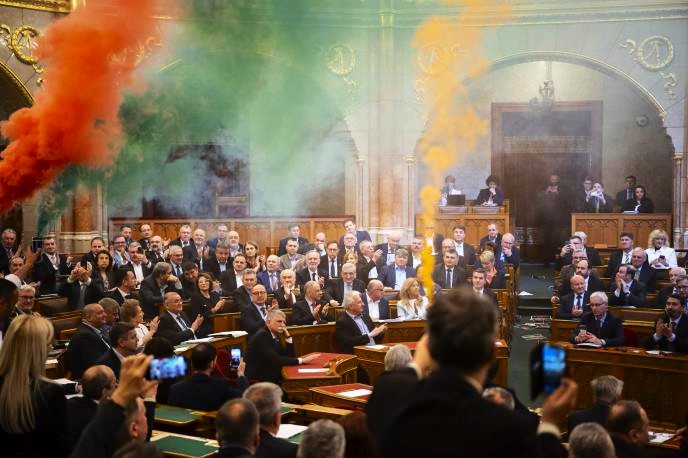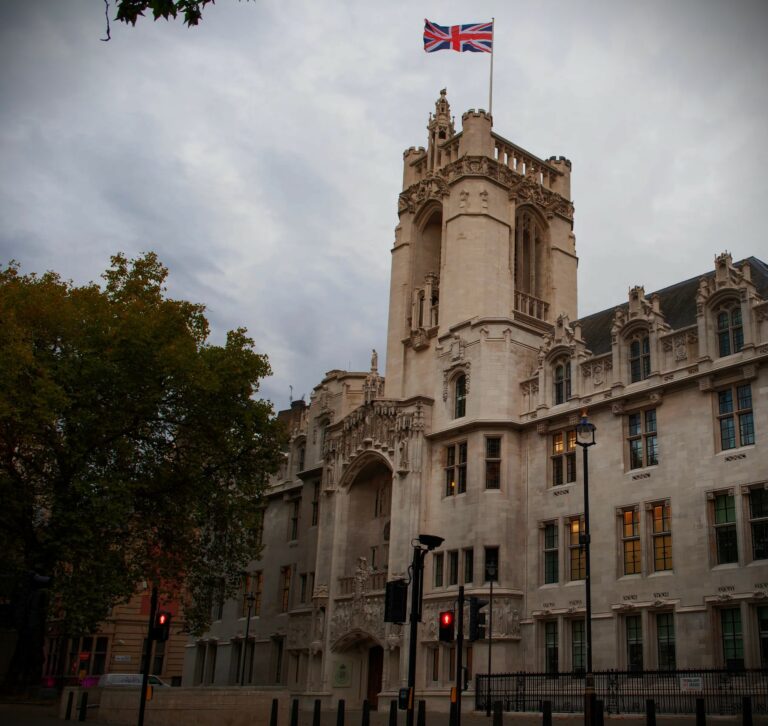In a highly controversial move, Hungary’s parliament has passed a law banning Pride events and granting authorities the power to use facial recognition technology to target attendees. The law, passed with a strong majority, has sparked widespread protests across the country and drawn sharp criticism from international bodies.

Key Provisions of the Law:
- Prohibition of Pride Events: The new legislation specifically targets events that promote LGBTQ+ rights, particularly those that might be perceived as exposing minors to “sexual propaganda.” This effectively bans Pride parades and similar gatherings throughout Hungary.
- Facial Recognition Surveillance: The law also allows authorities to deploy facial recognition software to monitor Pride events and identify participants. Those who attend these events could potentially face legal penalties, including fines.
Public Response:
- Mass Protests: The passage of the law led to large-scale demonstrations in Budapest. Thousands of people gathered outside Hungary’s parliament building, with protesters blocking the iconic Margaret Bridge in defiance of police orders.
- Parliamentary Protests: Within the parliament, opposition members expressed their outrage through dramatic protests, deploying multicolored smoke bombs to signal their disapproval of the law.
Government Justification:
Prime Minister Viktor Orbán’s government has defended the legislation, framing it as a measure to protect children from exposure to material they deem inappropriate. They argue that the law is in line with Hungary’s existing “child protection” policies, which prohibit the portrayal of homosexuality to minors.
International Backlash:
The law has drawn sharp condemnation from various international organizations, including the European Commission, which has criticized it for violating the fundamental rights of free expression and peaceful assembly. These actions have put Hungary’s relationship with the European Union in the spotlight, as tensions over LGBTQ+ rights continue to grow in the region.
LGBTQ+ Community’s Response:
Despite the ban, organizers of the upcoming Budapest Pride event, scheduled for June 28, have vowed to defy the new legislation. They remain determined to continue advocating for LGBTQ+ rights and have pledged to challenge the law in court.
Looking Ahead:
This move represents a significant escalation in Hungary’s stance against LGBTQ+ rights, drawing comparisons to similar actions in other countries with restrictive policies. As Hungary faces increasing domestic and international pressure, the future of LGBTQ+ rights in the country hangs in the balance, with the situation continuing to evolve.



